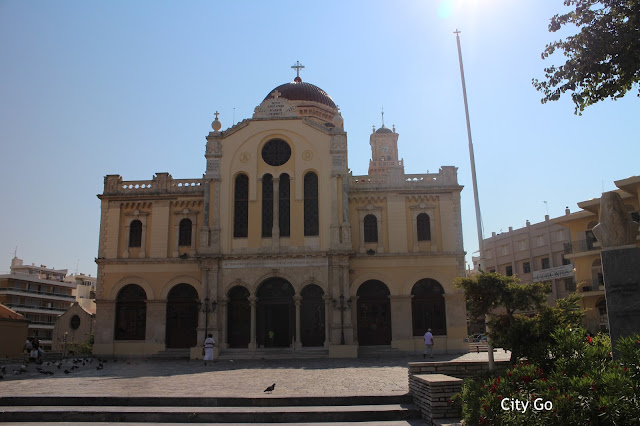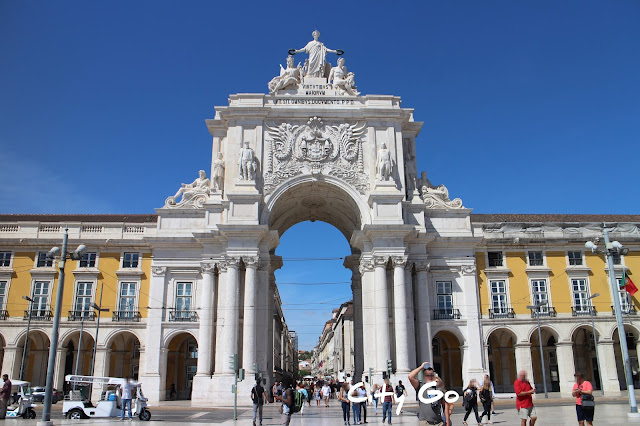National Tile Museum, Lisbon, Portugal
The National Tile Museum is located in the Monastery of Madre Deus, founded in 1509 by Queen D. Leonor. The monastery was enlarged, by order of King John III, during the 16th century. In the 17th century it was renovated; the first tiles and gilded wood date from this period. It was further decorated during the reign of King John V, in the first half of the 17th century, when Portugal was prospering with the gold sent from Brazil. However, the great earthquake of 1755 caused some destruction and the monument had to be restored.
In 1834 the religious orders were extinct in Portugal and later in the century, there were plans to convert the monastery into an asylum. Tiles started being brought in for the decoration but they ended up just being stored.
At the beginning of the 20th century many monuments, including the Monastery of Madre Deus, were put under the tutelage of the National Museum of Ancient Art. In the mid-century, an exhibition was organised to celebrate the 500th anniversary of Queen D. Leonor, which gave way to the project of converting the monastery into a tile museum. In 1965 the museum was established as a dependence of the National Museum of Ancient Art, becoming an autonomous organization in 1980.
The museum's collection features decorative ceramic tiles from the second half of the 15th century to the present day. The highlight of the museum is a tile panel representing a panoramic view of Lisbon before the earthquake of 1755.
Opening hours: Tuesday to Sunday, 10 a.m. to 6 p.m.
Entrance fee:€5 (there are combined tickets available)
How to go: You can take buses 794, 718 or 759 (downtown or Estação do Oriente). Buses 794 and 718 stop at the museum's entrance, while bus 759 stops about 50 m away, opposite the Lidl supermarket (turn left at the train bridge).




















Comments
Post a Comment